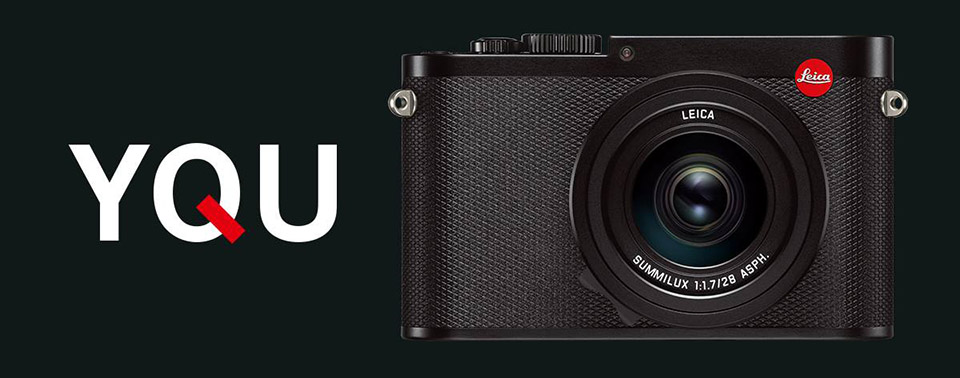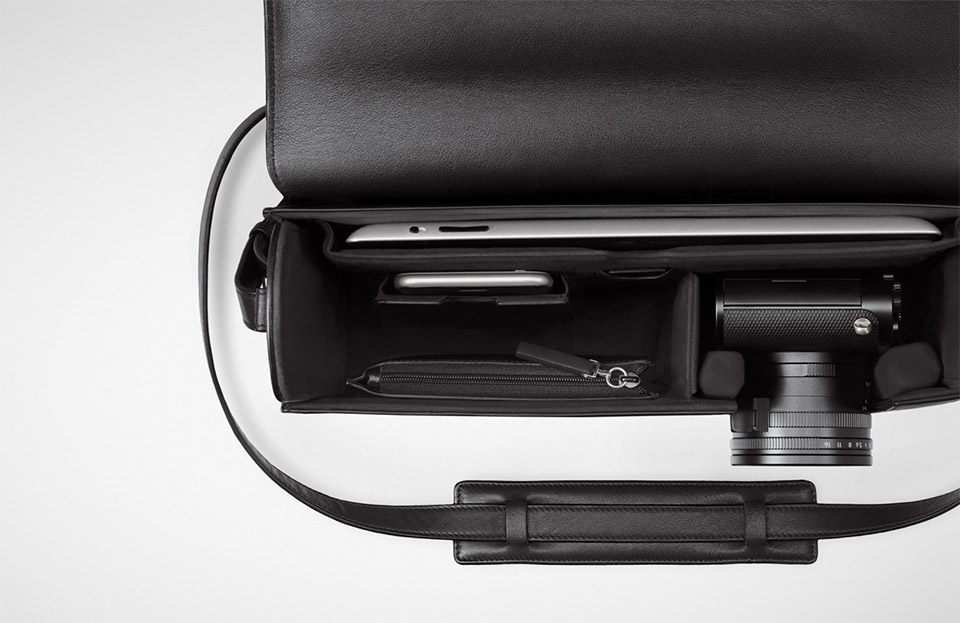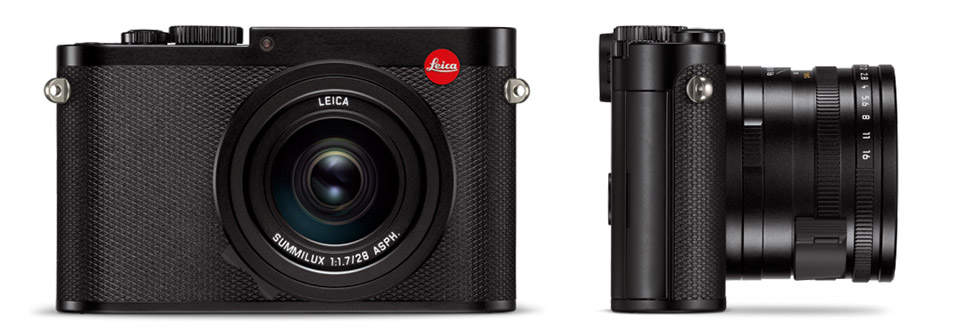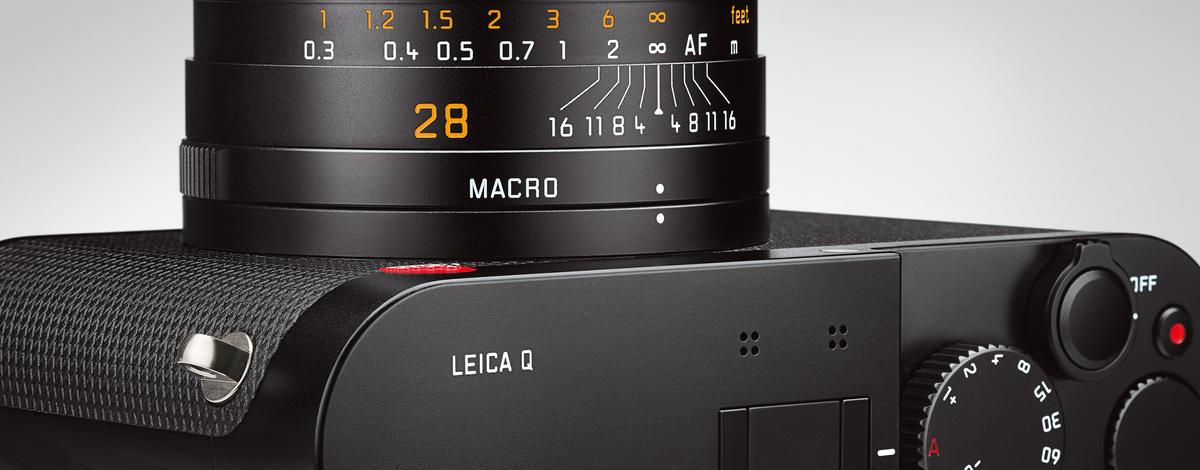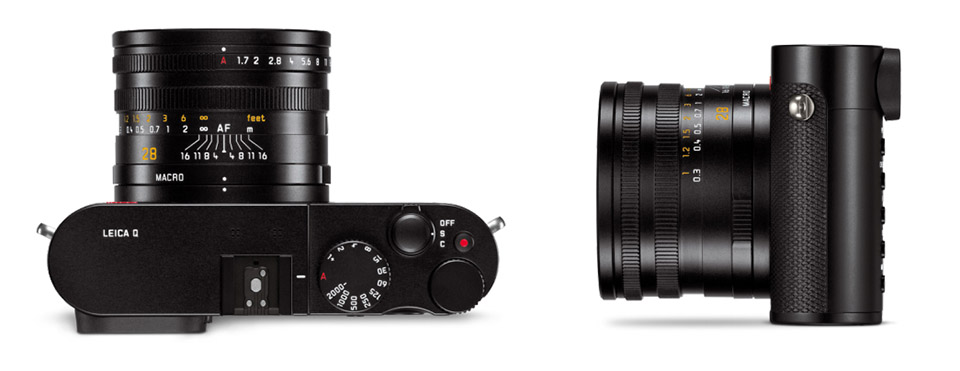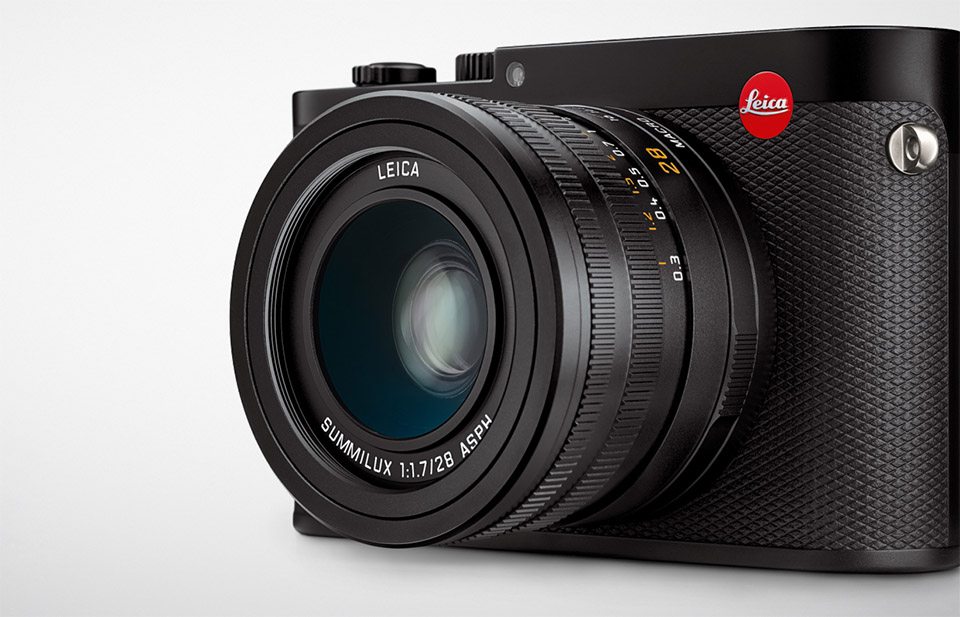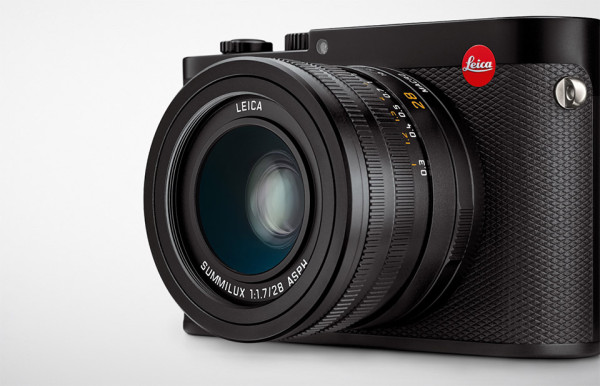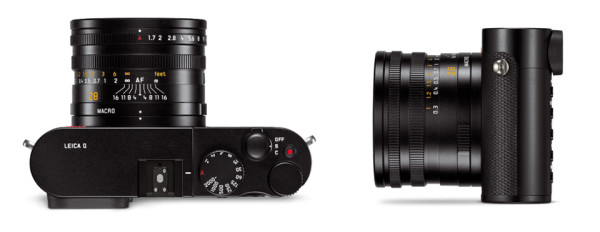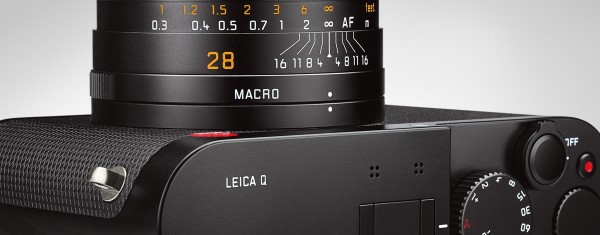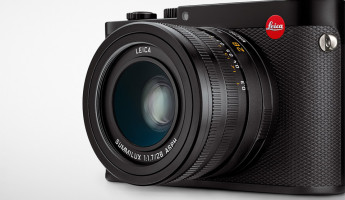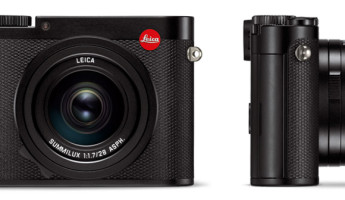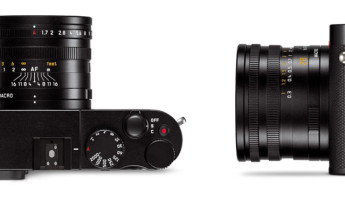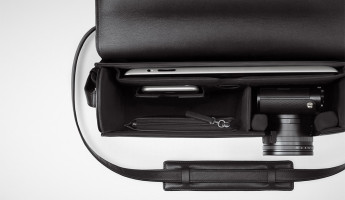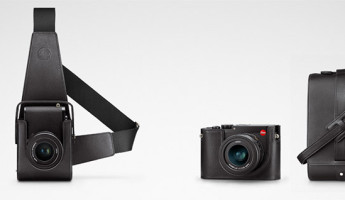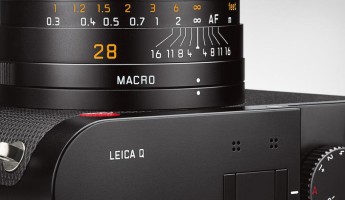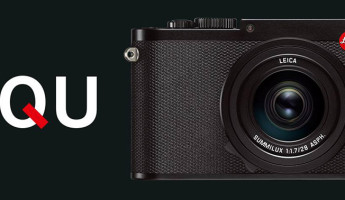The new Leica Q is a compact, fixed-lens camera that sports a high-resolution full frame sensor. It’s the latest in a wave of full frame compacts that have been championed by Sony in recent years. The full frame sensor brings the Leica Q as close to the feel and framing of traditional 35mm film that can be produced in a digital camera. Beyond the framing, it’ll provide great low-light performance and stunning image quality across all 24 million pixels. The Leica Q is a fixed-lens compact, meaning you won’t be lugging along alternate lenses and other gear. This lightweight design is ideal for travel, casual photography and other easy-carry applications. The lens on the Q is a 28mm f1.7 Summilux which will feel quite comfortable in the hands of a Leica purist. It is designed to sport the same visual quality and character that made Leica so special in the first place. If you’re familiar with Leica, you’re likely already wincing about the price tag. The Leica Q is priced in typical Leica fashion, available for $4,250. There will be many photographers who won’t mind paying over $4K for a fixed-lens compact, one that will be their casual carry camera that can produce incredible quality. Me, I’m conflicted. First, 28mm isn’t an ideal focal length. 35mm would be a much more versatile focal length, and a difference of 7mm is not splitting hairs — 28mm is 20% wider than a 35mm lens. Typically, the ideal lens for a camera like this is 50mm on full frame. At 28mm, this won’t be a great camera for portraiture, as subject isolation and width distortion could be problematic. That means the Leica Q is mostly going to be used for environment, landscapes and casual architecture. It’ll leave a bit to be desired for people, food or anything that need a tighter frame. Second, $4,250 is what you’d expect to pay for a full frame Leica. Is that a wise price for a photographer? You’d be hard pressed to prove that the Leica Q is any better than a Sony A7R with a Sigma 24mm f1.4 Art lens. Or the Sigma 35mm art. Or both. Those three pieces can be purchased for less that the price of a Leica Q, and there will be money left over for a longer lens. I’d have a hard time justifying this price, but I’m not a Leica photographer. I see it’s allure to Leica shooters and professionals that want a no-nonsense compact for casual carrying. But for an objective, non-Leica adherent, they’d have to really innovate to best the Sony A7R. I don’t see that they’ve done that here.
Read the full pre-review at DPReviewRead the hands-on review and examples in use at The Verge
Leica Q Full Frame Compact Camera | Gallery
